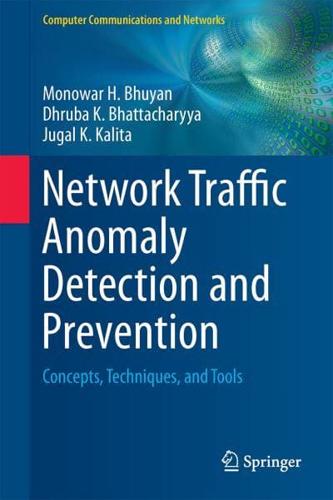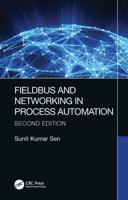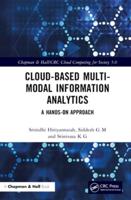Publisher's Synopsis
This indispensable text/reference presents a comprehensive overview on the detection and prevention of anomalies in computer network traffic, from coverage of the fundamental theoretical concepts to in-depth analysis of systems and methods. Readers will benefit from invaluable practical guidance on how to design an intrusion detection technique and incorporate it into a system, as well as on how to analyze and correlate alerts without prior information.
Topics and features: introduces the essentials of traffic management in high speed networks, detailing types of anomalies, network vulnerabilities, and a taxonomy of network attacks; describes a systematic approach to generating large network intrusion datasets, and reviews existing synthetic, benchmark, and real-life datasets; provides a detailed study of network anomaly detection techniques and systems under six different categories: statistical, classification, knowledge-base, cluster and outlier detection, soft computing, and combination learners; examines alert management and anomaly prevention techniques, including alert preprocessing, alert correlation, and alert post-processing; presents a hands-on approach to developing network traffic monitoring and analysis tools, together with a survey of existing tools; discusses various evaluation criteria and metrics, covering issues of accuracy, performance, completeness, timeliness, reliability, and quality; reviews open issues and challenges in network traffic anomaly detection and prevention.This informative work is ideal for graduate and advanced undergraduate students interested in network security and privacy, intrusion detection systems, and data mining in security. Researchers and practitioners specializing in network security will also find the book to be a useful reference.











